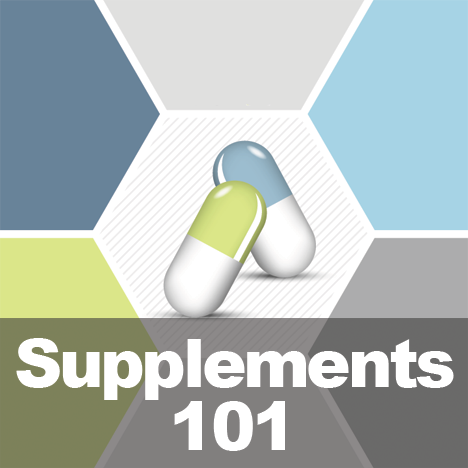 We have been hearing a lot about vitamin D lately. It seems Vitamin D is no longer the “lesser known” vitamin. In fact, the effects of vitamin D deficiency are prevalent. There have been numerous new studies that now link many of our current disease epidemics directly to insufficient blood levels of vitamin D. So much so in fact, that to further ignore these connections would be simply nuts.
We have been hearing a lot about vitamin D lately. It seems Vitamin D is no longer the “lesser known” vitamin. In fact, the effects of vitamin D deficiency are prevalent. There have been numerous new studies that now link many of our current disease epidemics directly to insufficient blood levels of vitamin D. So much so in fact, that to further ignore these connections would be simply nuts.
However, if you consult a committee from the Institute of Medicine (IOM), they think differently. They seem to think that (at least those of us in the US and Canada) are getting plenty of Vitamin D. They even say that we don’t need to add the supplement to our daily vitamin regimen in order to keep in good health.
Why the rebuff?
It’s all about the recommended dosage changing. The Food and Nutrition Board (FNB) committee that created the report essentially came to the decision that existing recommended daily intake (RDI) levels for vitamin D is plenty. The existing daily recommended intake (DRI) is no more than 400 international units (IU).
Now, this is the very same organization that had the nerve to suggest that the only benefit we get from vitamin D (only when taken WITH calcium) is to uphold strong bones.
This is where it gets interesting
When visiting the IOM website, we see that the FNI committee is a nonprofit group and they are independent. The website also says is committee is not government operated or affiliated and only gives unbiased, authoritative advice to the public and consulting decision makers (such as government). However once we read the announcement of the report, it clearly states that both Canadian and US governments asked the IOM to perform the report.
So, we are interested to see the information the committee based its decisions and unbiased, authoritative advice to the public and decision makers from.
On the other end of the pole, a vast amount of studies have shown that the effects of vitamin D deficiency (levels that meet current RDI guidelines, but that are still unfortunately not enough for illness prevention) is linked to depression, cancer, chronic pain, muscle issues, osteoporosis, heart problems, hypertension, autoimmune diseases, stroke, diabetes, arthritis, birth defects, and more. These are very serious health issues and diseases.
And so on
The same group even went so far as to advise people not to add vitamin D to their daily regimen because it states that doing so could put you at harm. What ever happened to the effects of vitamin D deficiency? Because several studies have proven that intake levels way above current RDI guidelines are not only harmless, but also highly useful in preventing many of the serious medical issues that people deal with in today’s world.
What ever the bureaucracy in the true side effects from vitamin D deficiency, we can’t think of many cases were people taking the proper amounts of vitamins and minerals directly linked to disease. On the other hand, those who do not add the best multi vitamins and minerals to their diet seem to have far more side effects to vitamin deficiency.




